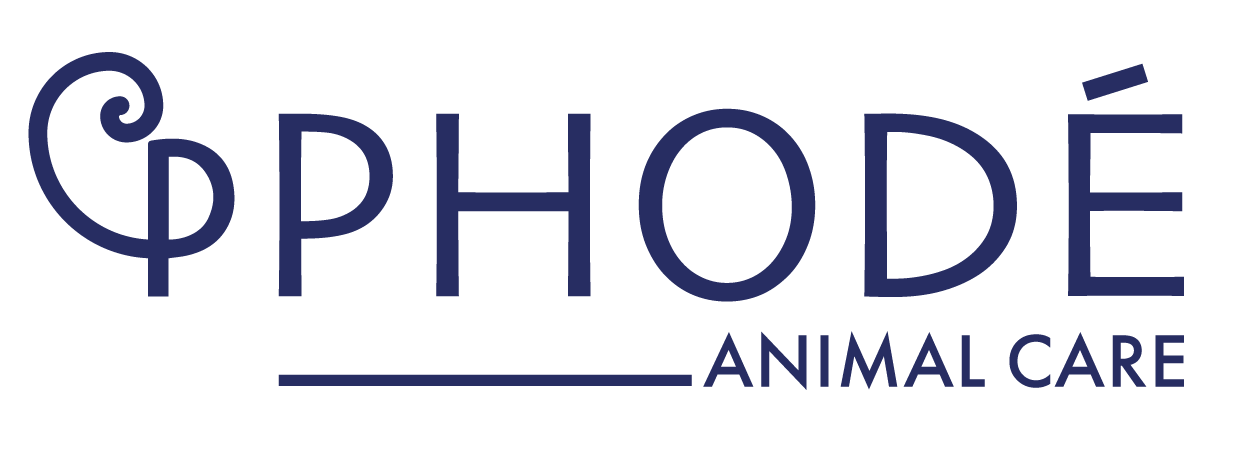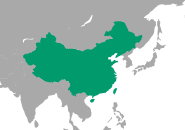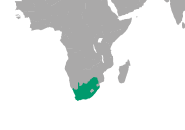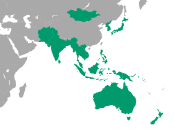On today’s modern pig farms, weaning of piglets occurs by separating the piglets from the sow at an age of 21 to 35 days. The time of “weaning” depends on the type of farm, the farm goal and breed. Nevertheless, it’s a fact that under farming conditions, it occurs at a far younger age than in nature. This may lead to a range of challenges, ranging from a drop in feed intake to more susceptible to intestinal diseases. Taking care of these young pigs is therefore pivotal to remain profitable as a pig farmer. Losses at 3-4 weeks of age are hard to compensate for in the weeks after.
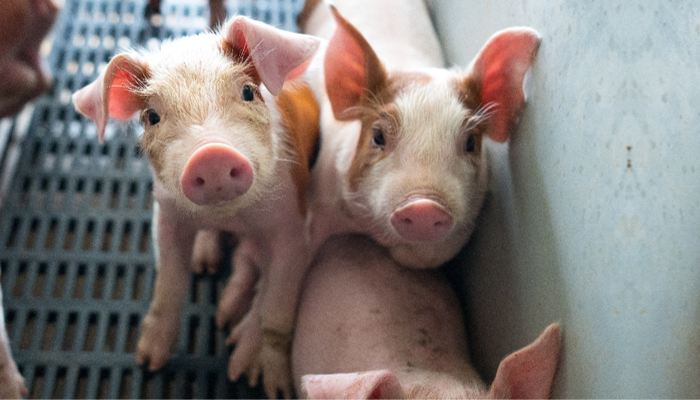
Weaning: a mix of stressors at once
Weaning is an inevitable procedure on pig farms and the most challenging time for both the pig as the pig farmer. When this phase is not properly managed, it can lead to outbreak of health disorders and other production losses during weaning and in the months ahead. It is hard to catch up on lower growth or feed intake rates once they are low. For a pig farmer and nutritionists it is therefore a true challenge to manage this phase, as pigs are subjected to a number of stressors at the same time.
- Socially: separation from the mother, transportation and handling stress, co-mingling with other piglets, moving to different environment / pen
- Nutritionally: changing to a different feed source. Piglets are going from a milk diet to solid feed.
- Physiologically: 21-28 days is the worst period to stress piglets. They have no more maternal (passive) immunity (the antibodies they received with the colostrum are all used) and still not a mature immunity by themselves.
The gut is not ready to wean
The piglet must adapt to all of these stressors rapidly in order to be productive and efficient. However, the piglet might not be ready to deal with both the socially, nutritionally and physiologically changes at the day of weaning. Research by Moeser et al. describe that the first three months after birth represent a major maturational period of gastro-intestinal (GI) development in the piglet. During this time, intestinal epithelial, immune and enteric nervous system (ENS) phenotype and function change dramatically. In nature, weaning in pigs is a gradual process that approaches completion at around 10 to 12 weeks of age, which coincides with the near complete maturation of the GI epithelial, immune and nervous systems. You can imagine that when piglets are being weaned earlier, the gut health environment may not be fully completed and extra vulnerable to pathogens, dietary or environmental antigens. This in turn can lead to typical post-weaning problems such as growth depression and the occurrence of diarrhea.
Focus on nutrition during weaning
Nutrition has a big impact on the formation of the GI tract in young pigs.
At the same time, we often see feed intake levels drop, directly affecting the nutrient and energy requirements. The biggest influencer here is the change in diet. When the piglet is weaned, the piglet must adapt abruptly from highly digestible and palatable liquid milk from its mother that is equally spaced throughout the day to a solid dry diet that is less digestible and palatable. As a consequence, feed intake is usually reduced initially after weaning, resulting in reduced transient growth rate. It is therefore extremely important to increase feed intake in newly-weaned pigs in order to reduce post-weaning diarrhea and to improve and maintain growth performance.
3 ways to increase feed intake in newly-weaned pigs
- Feed management: Before weaning, feed intake can be increased by mixing solid feed with water. Also make sure there is a proper feeder installed that the piglets can easily access. Make sure the pen is not overcrowded, so each animal has enough feeding space.
- Feed taste and palatability: Make sure the feed pellets used are high quality and free from any contaminants such as mycotoxins. Feed intake can also be stimulated through the addition of flavours or sweeteners, in the pre- and post weaning diet.
- Feed additives: The application of certain feed additives can increase the animal’s resilience against stress, animal health and immunity.
A natural way to reduce stress
Weaning is a stressful period for the piglet and creates social stress, environmental stress, but also oxidative stress at cell level and stress in the gastrointestinal tract. Proper nutrition and management is very important and can make sure this period can be as smooth as possible. But feeding the newly-weaned pig stretches further than just meeting the nutritional requirements and keeping feed intake levels high. A range of new and functional feed additives have become available in the last years that could really boost the diet for weaned pigs. One interesting group is sensory additives, based on olfactory molecules that can exert on the emotions, behaviour, and well-being of living beings. Scientists at Phodé have formulated a combination of aromatic compounds that have a positive effect on appetite, feed loyalty, as well as stress management, able to enhance animal’s feed intake and well-being in a natural way.
